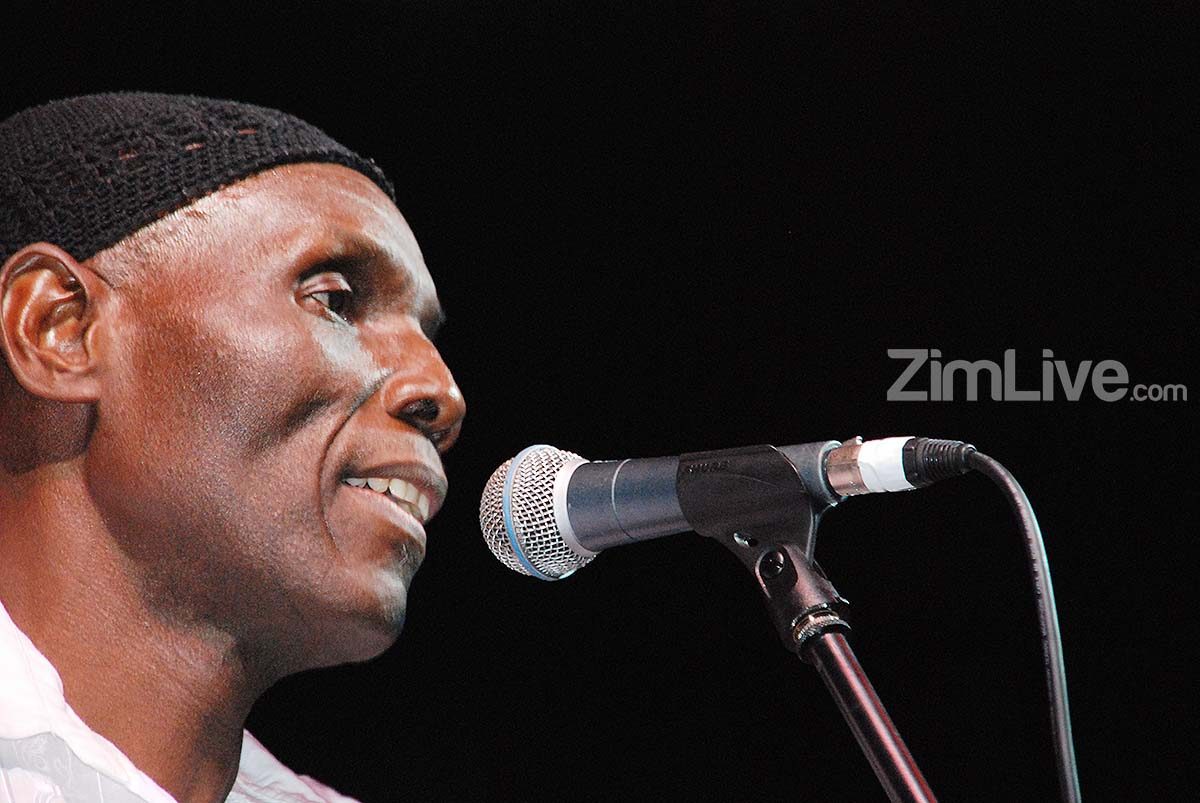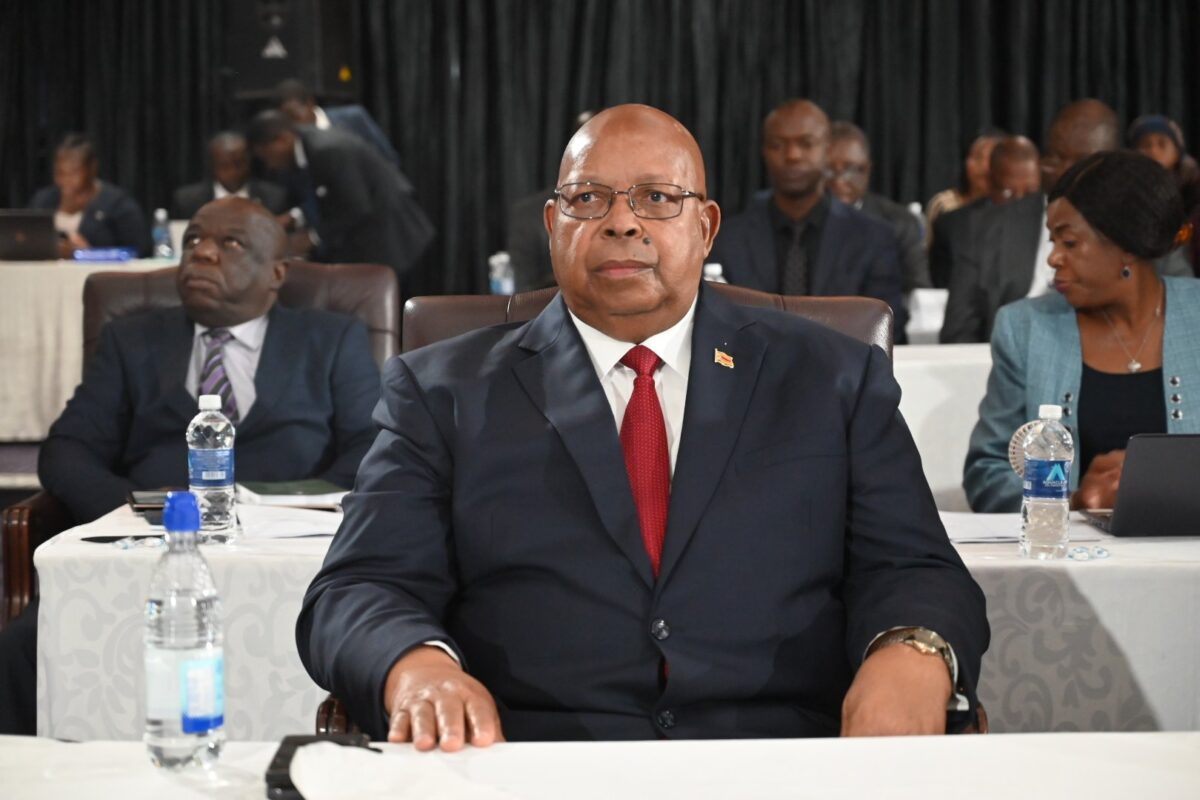LONDON, England – Thomas Mapfumo has been paying tribute to “great musician” Oliver Mtukudzi, who died on Wednesday.
Mapfumo was briefly in the same band as Mtukudzi, the Wagon Wheels, in the 1970s and gifted him one of his biggest hits: Rova Ngoma Mutavara.
“He was a freedom fighter – that’s what I can say about him,” Mapfumo told the BBC’s Focus on Africa radio programme.
“I loved his voice and the way he used to write his music. He was such a great inspiration to those who were upcoming.”
In a sit-down with ZimLive editor Mduduzi Mathuthu in 2007, Mapfumo spoke of how he influenced Mtukudzi’s music.
“I was coming from Mutare myself where we were contracted at a hotel in Dangamvura. When I returned to Harare, that’s when I met Oliver. He was practicing at James Bond’s place because this guy used to own equipment, so a lot of youngsters used to go there just to practice music,” Mapfumo remembered.
“After I met Oliver, we had a short tour together. I was already singing my Shona music, and he was playing something a bit strange. He was playing the guitar, singing a song… we used to call the song “Green for Go and Red for Stop”.
“I said to him, ‘why don’t you sing in your mother’s language?’ He was a good guy, he took my advice. He even asked for one of my songs ‘Tamba Zvako Marujata’ (Rova Ngoma Mutavara). It was a traditional tune, which I used to sing myself. He came to me and asked if he could record the music and I said you can go on and record it. It came out beautifully and everybody liked it, and I also thought it was a good song.”
Mtukudzi came to prominence in the 1970s as one of voices of the revolution fighting white-minority rule.
“During the struggle, with my group, we used to tour the whole country. That gave us a chance to talk to the boys in the bush (freedom fighters) and they would give us their messages which they wanted us to tell the people since we had a chance to move around the whole country,” Mtukudzi recalled in one interview.
“So, we took these words and turned them into music, of course in a clever way, using proverbs that the government wouldn’t understand, but which people would understand. We would record a song, release it, and try to use the regime’s media to send out a message to the people throughout the whole country.”
His lyrics often carried social messages about HIV/Aids and coded political commentary.
His 2001 song Wasakara, meaning ‘You Are Too Old’, was banned from radio as it was seen as a reference to the President Robert Mugabe, who was ousted in a military coup 16 years later aged 93.
The singer and guitarist mixed several different styles to create his own distinctive Afro-jazz sound, known to his fans as “Tuku Music”.
In a long career he released 67 albums and toured the world.
















